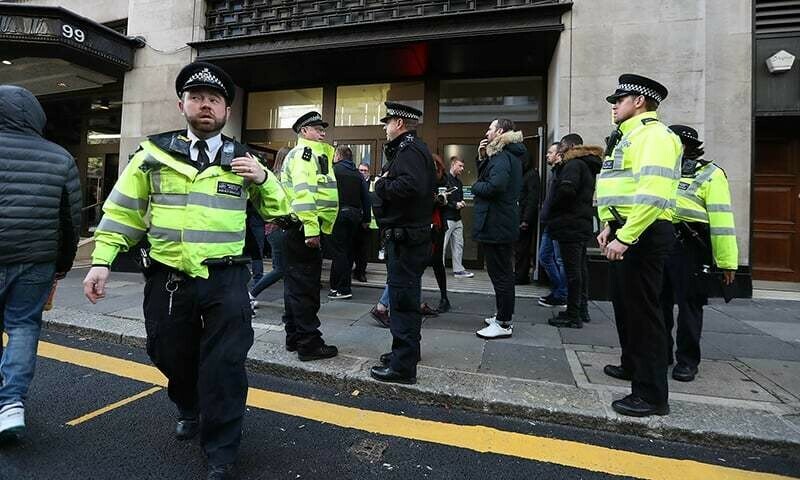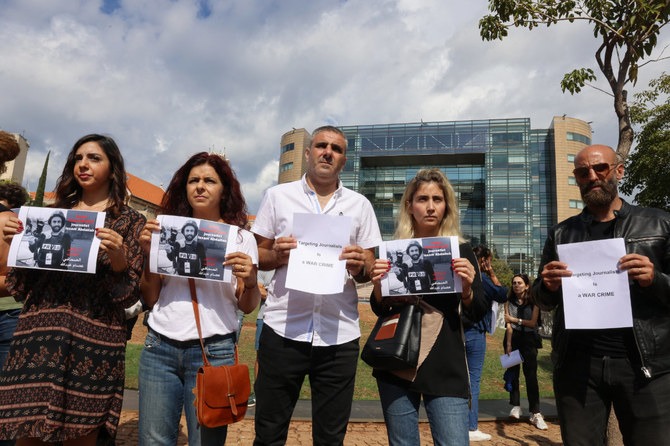In the wake of massive protests against Israeli actions in Gaza, the Metropolitan Police in London has rolled out a controversial plan to intensify surveillance around schools, stoking concerns about potential discrimination against minority communities. The move, instructed by top Met police officials, mandates officers to increase their presence in and around schools, gathering intelligence on “community tensions.” While the police argue it’s aimed at enhancing safety, critics fear this may further erode trust within minority communities.
Enhanced School Surveillance Sparks Controversy
The decision by the Metropolitan Police to amplify surveillance around schools has sparked controversy and concern among various stakeholders. The move, meant to gather intelligence on “community tensions” following pro-Palestine demonstrations, is seen as a step that could have significant consequences for minority communities.
The letter, sent to headteachers of schools in four London districts, reveals that police officers are being ordered to engage with school staff to collect information. The intention, as stated in the letter, is to enhance “intelligence and information-gathering.” This engagement may also involve stationing more police officers within schools to create “safe spaces” in collaboration with school staff.
Community Leaders and Rights Activists Express Alarm
Rights activists and community leaders are voicing their concerns over this move, fearing it could result in the unjust stereotyping and criminalization of young people, particularly those from minority backgrounds. Stafford Scott, a prominent community campaigner, emphasized the widespread lack of trust and confidence in the police among the communities he interacts with. He argues that the presence of law enforcement officers in schools often triggers alarm and concern, as they tend to disproportionately target children from ethnic minority backgrounds.
This initiative also comes under scrutiny for potentially deepening the existing divide between minority communities and law enforcement, a problem that has been a focal point of public discourse in recent years. The need to build trust and understanding is considered vital in bridging this gap, but the increased surveillance may have the opposite effect.
London Police Chief Promises Ruthless Action Against Hate Crimes
While the Metropolitan Police’s move has stirred controversy, London’s top police official, Mark Rowley, has announced a firm stance against hate crimes. Rowley asserted that his officers would act “ruthlessly” to arrest individuals involved in hate crimes. However, he acknowledged that prosecutions would only be pursued when the law is violated, emphasizing the importance of legal definitions in this regard.
In response to criticism of the handling of pro-Palestinian protests, Rowley also expressed support for a review of the legal definition of extremism. Recent incidents where individuals at a pro-Palestine rally shouted “jihad” without facing arrest raised concerns, as the police concluded that the phrase could have multiple interpretations, thus not constituting an offense. Rowley suggested that there is a need for a more comprehensive legal framework to deal with extremism, as existing laws primarily focus on terrorism and hate crime, leaving a critical gap unaddressed.
The UK government is actively engaging with these concerns, as ministers are reviewing the legal definition of extremism to counteract hate crimes, including antisemitism. Additionally, there are discussions about potential changes to terrorism legislation, reflecting the government’s commitment to addressing these complex challenges.
As the Metropolitan Police intensifies its school surveillance initiative and London’s top police official promises rigorous action against hate crimes, the delicate balance between security and civil liberties continues to be a subject of debate, while community leaders and rights activists raise their voices against what they see as potentially harmful policies. The road ahead may entail not only safeguarding schools but also ensuring that trust and confidence within diverse communities are not compromised in the process.
















